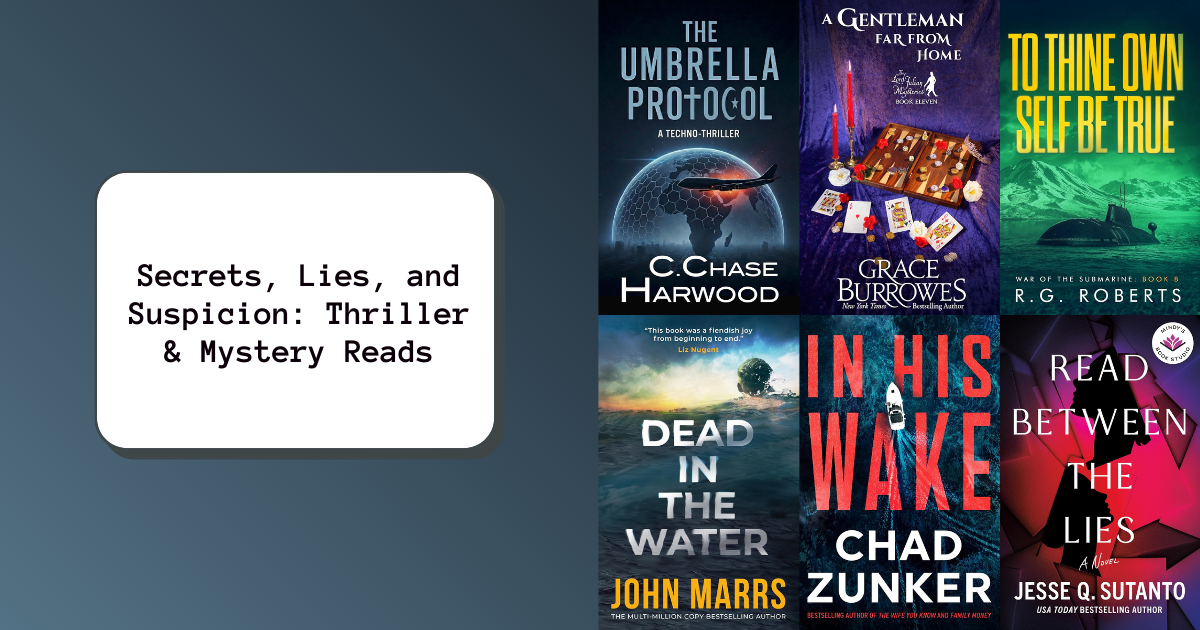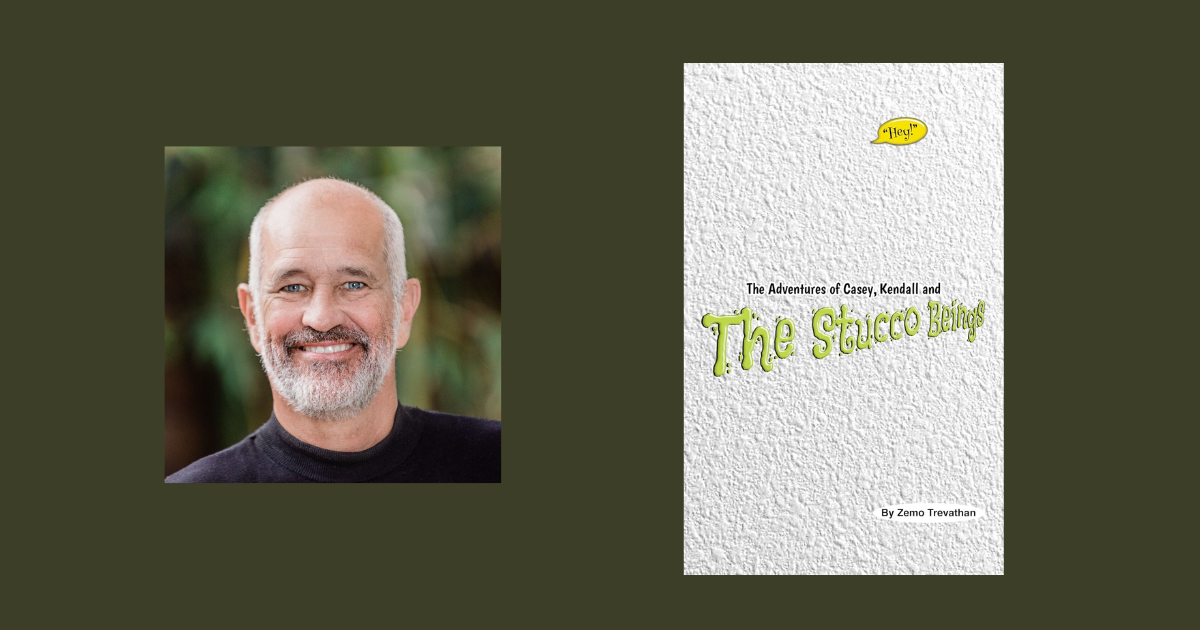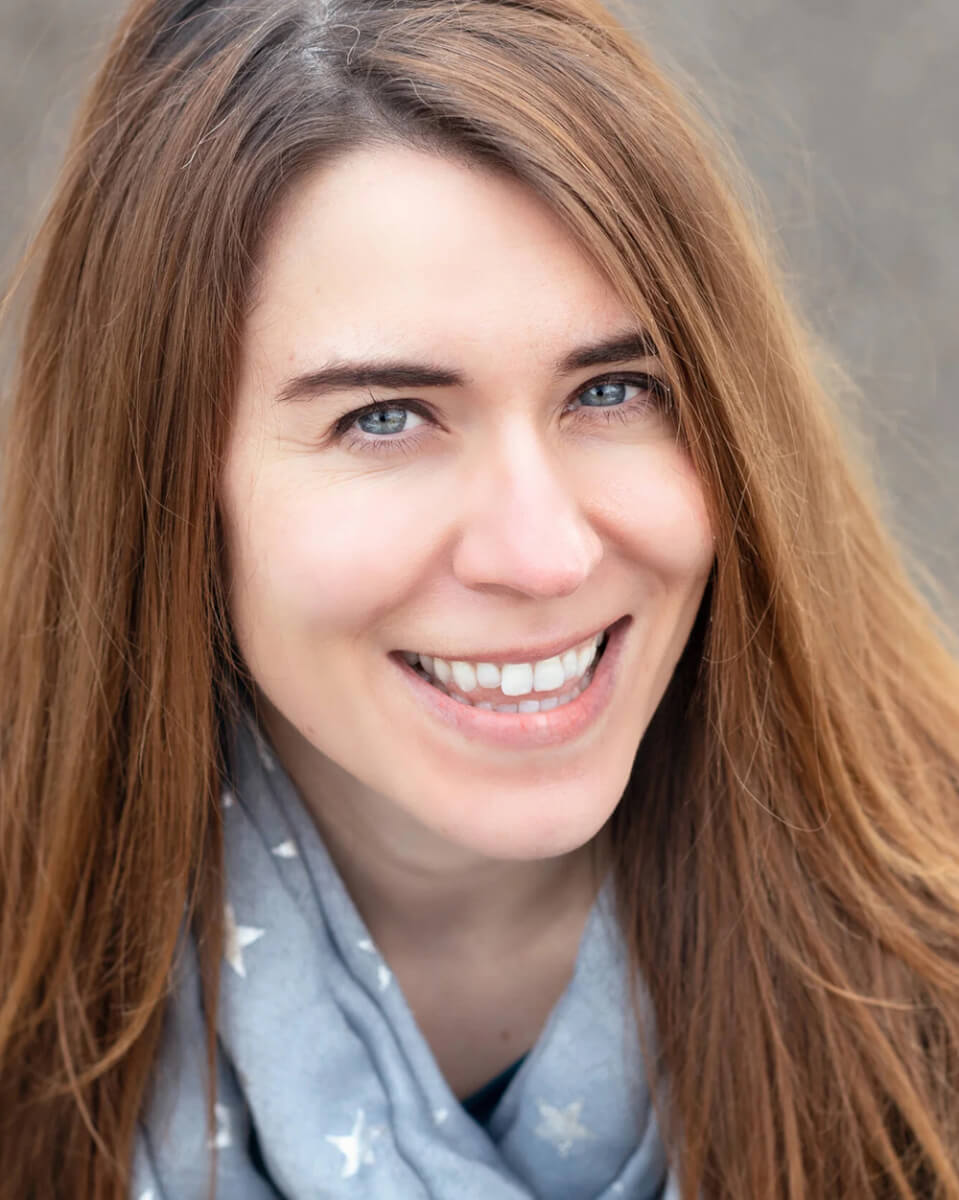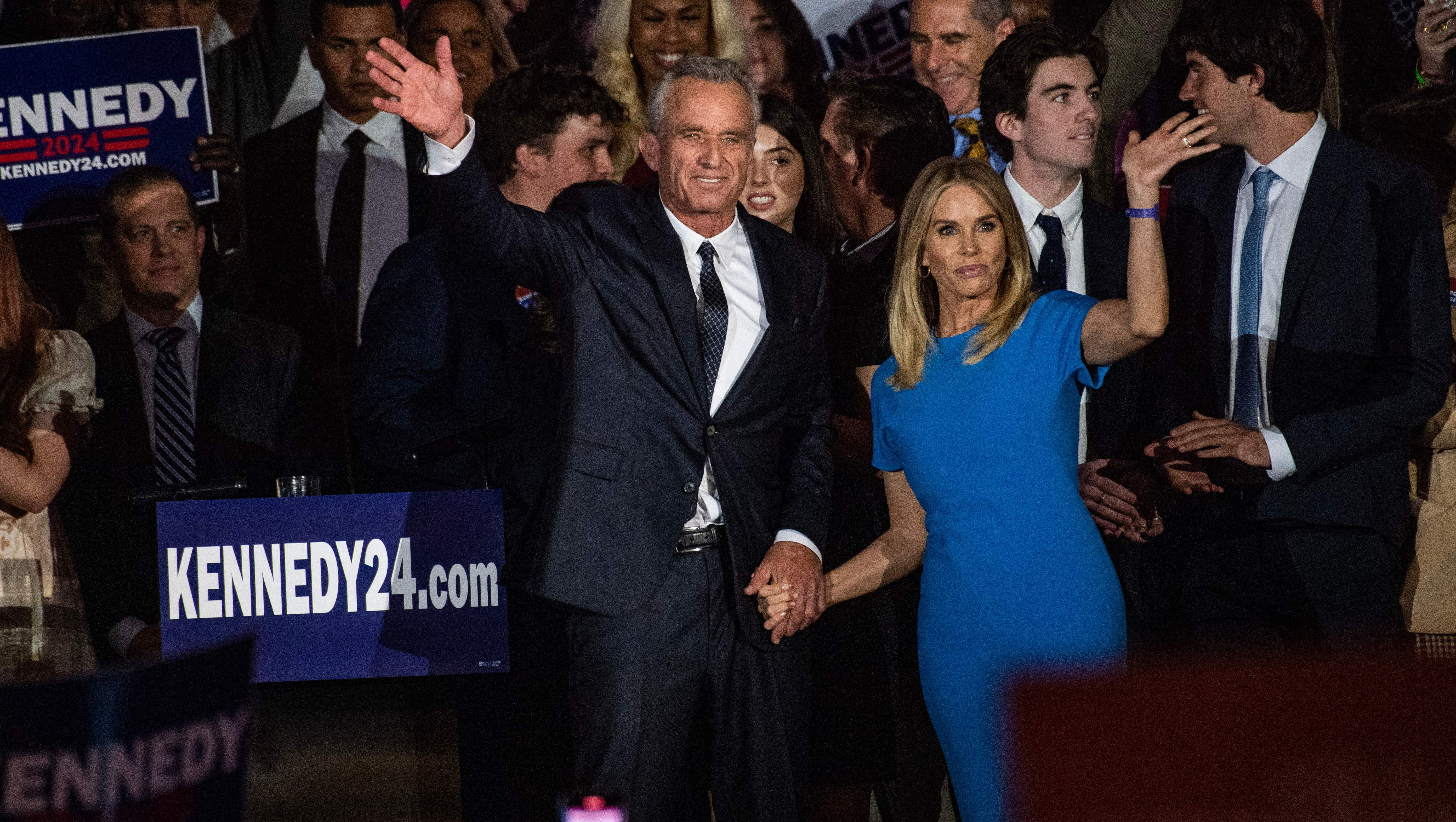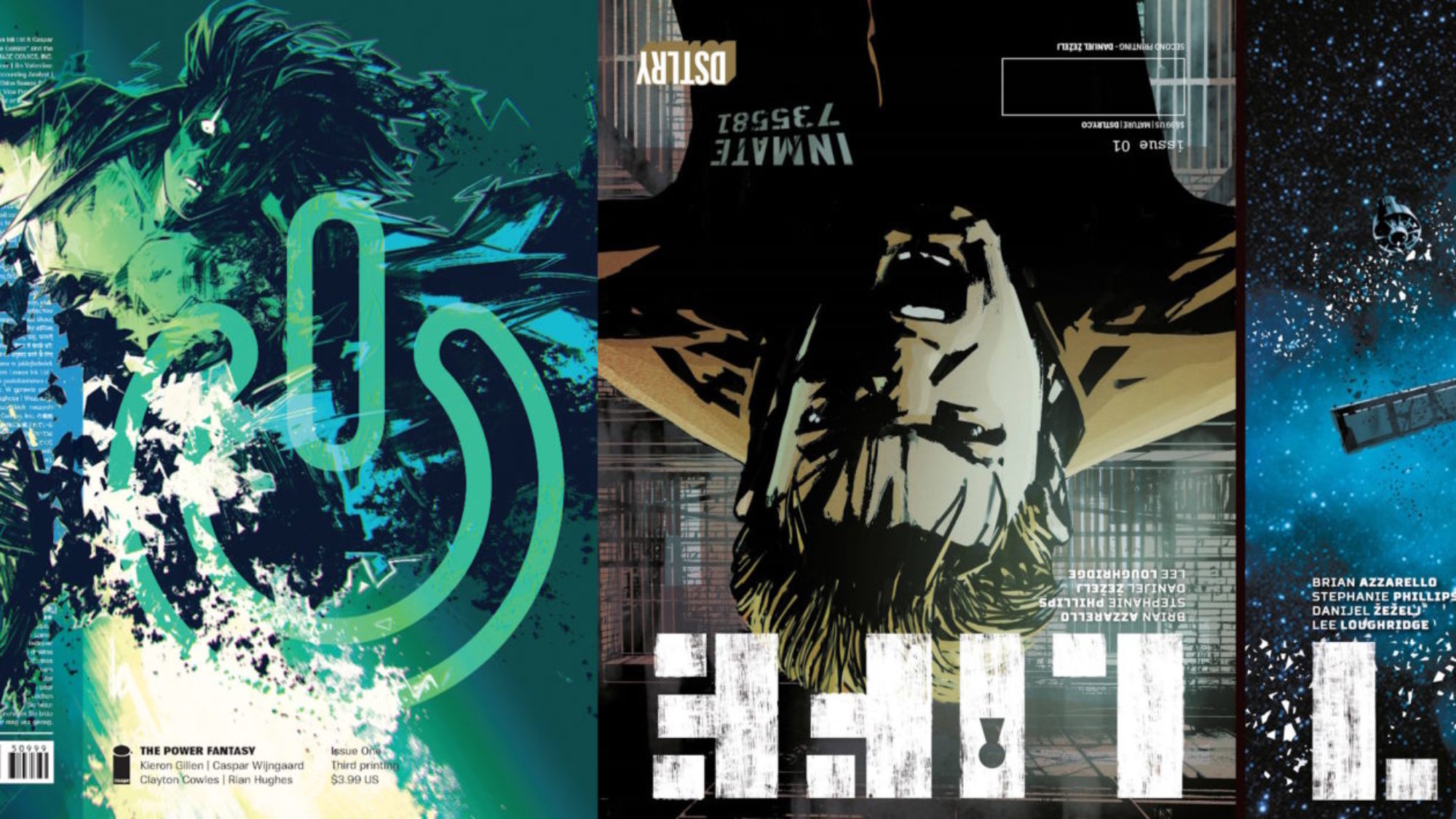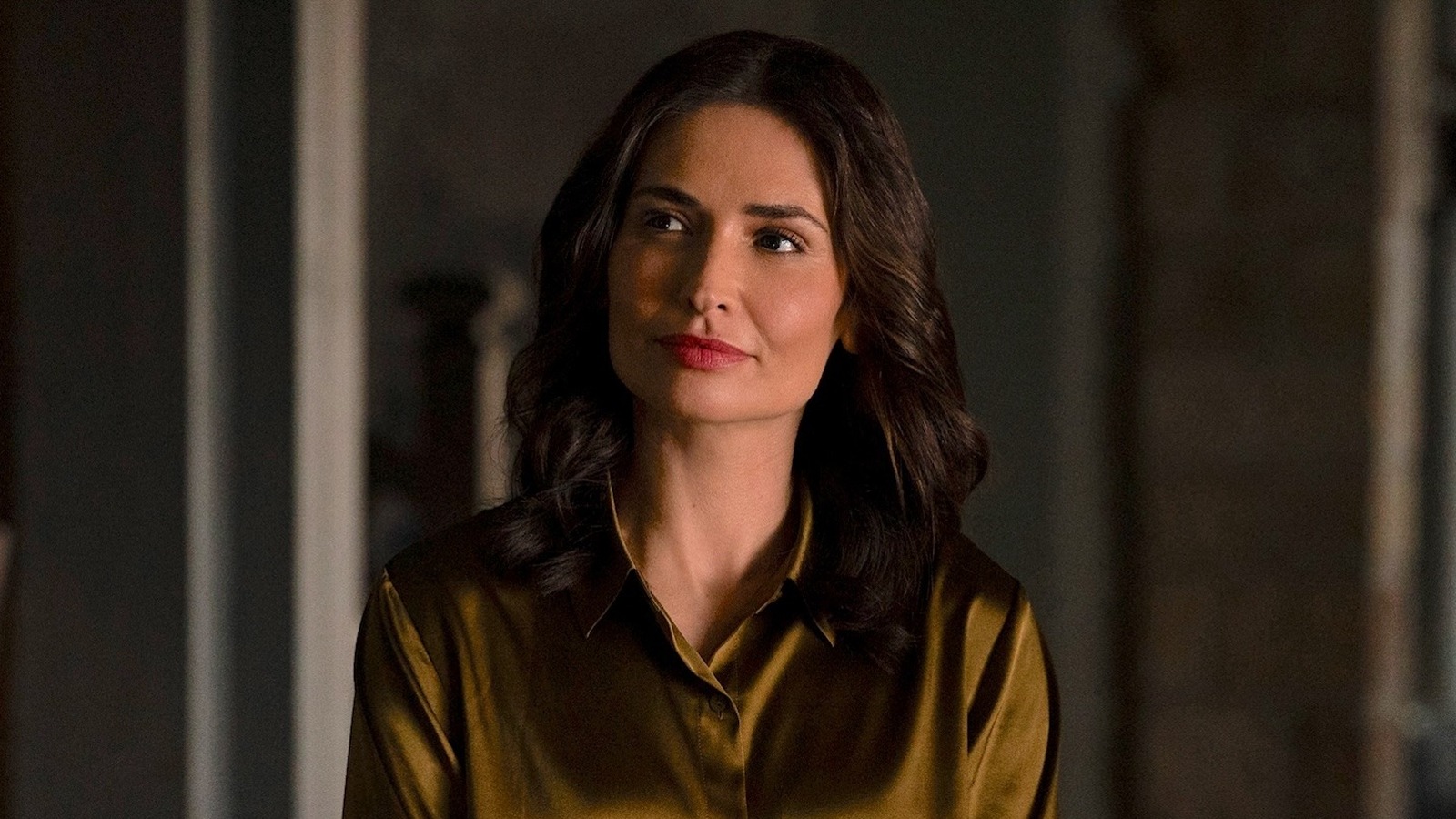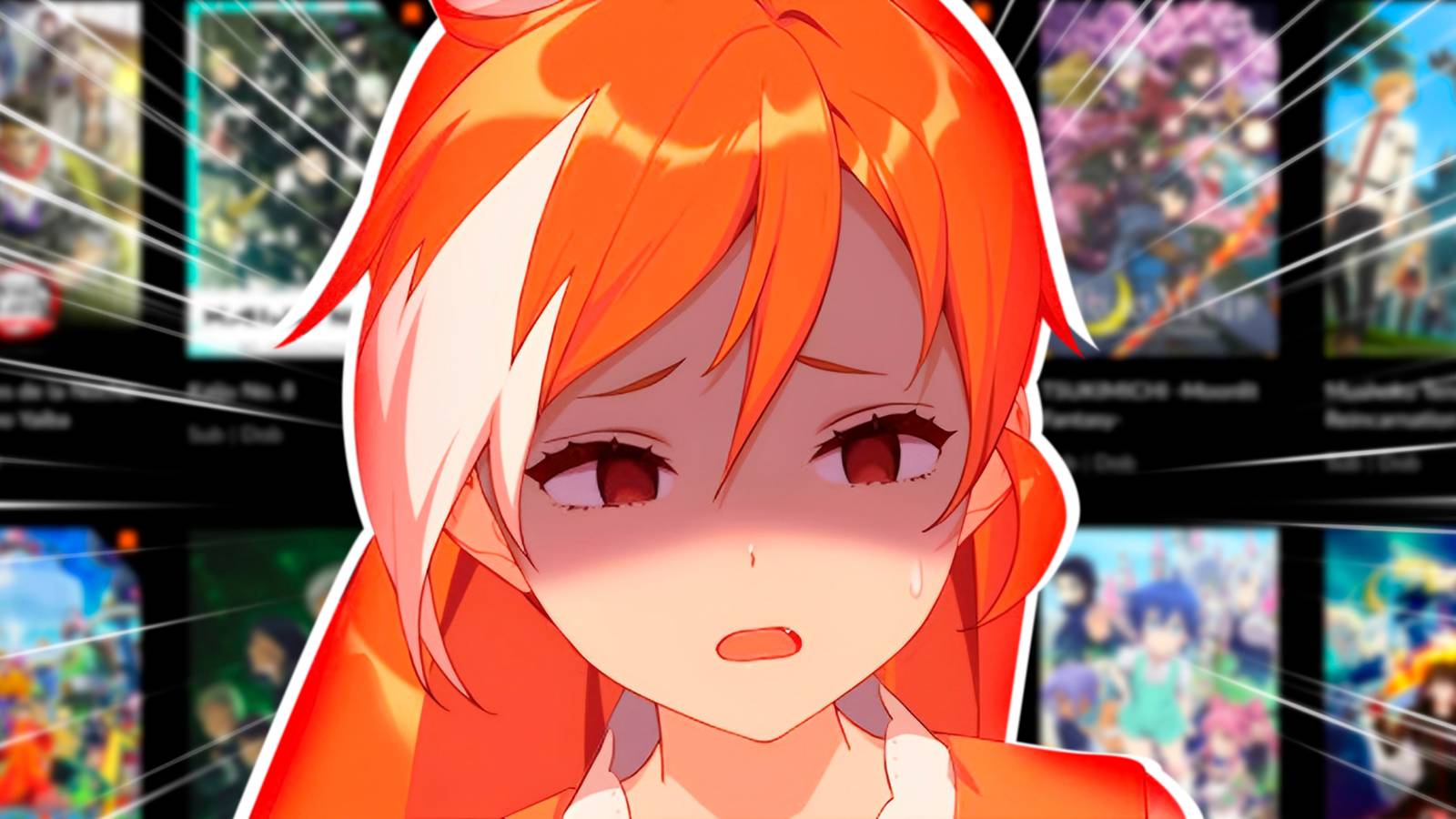I am not a subtle writer.
My newly rereleased novel Looking for Group takes its name from the standard way in which MMORPG (massively multiplayer online roleplaying game) players express the idea that they’re trying to find other players to team up with, usually for the purpose of taking on some specific game content. But aaah do you see, it’s also called that because it’s a story about belonging, meeting real people in virtual spaces and—to use a term I’m not super fond of—found family.
In case you’re wondering, the reason I’m not super fond of “found family” as a term is . . . well, it’s fiddly and not the main point of this essay, but I’ll give it a go anyway. To put it in its baldest terms, I don’t like using “family” as a shorthand for “very important relationship” for roughly the same reason that I don’t like using “Christian” as a shorthand for “good.” I don’t think we need to put the label of “family” on a relationship to acknowledge that it’s important.
If nothing else, I can’t help feeling it does a tremendous disservice to the word “friendship.”
In recent years—by which I really mean the latter half of the 20th century onwards—the whole idea of “friends” seems to have become extraordinarily deprecated. So much so that half the time when you see the word, it has “just” appended onto the front of it, as if friendship by itself isn’t a big deal.
Which is my sneaky way of looping back to talk about the book, because “Which relationships do we value and why, and are we right?” is in many ways its central question.
Read our review of ‘Looking for Group’ by Alexis Hall.
As a rule, I don’t like writing LGBTQ+ stories where the LGBTQ+ element is the source of conflict in and of itself, so I knew from the start that I’d want a different sort of conflict than Drew figuring out he’s attracted to Kit. What I wound up going with was the tension between Kit’s strong investment in online relationships and Drew’s strong investment in what he sees as “normal.”
And honestly, what Drew sees as “normal” is . . . complex. Even leaving aside his basic assumption that friendships you form at university are inherently more valid than friendships you form online, he also makes a ton of assumptions about friendship in general.
Drew’s journey is less about coming to terms with the fact that he’s sometimes into boys as it’s about learning that relationships don’t have to fit into the narrow boxes he’s assumed they have to fit into. About moving from a place where he assumes there’s people you date (girls), people you’re friends with (who you relate to very differently depending on whether they’re a boy or a girl) and people you play games with online (effectively not real people) to a place where it’s clear that those categories are—as his friend-who-is-a-girl Tinuviel would put it—essentially illusions.
Which, circling back to the top of this piece, is why I actually slightly hesitate to say Looking for Group is a book about “found family,” because in many ways it’s a book about finding belonging and support and love wherever it might be, and about labels not actually being all that helpful.
When Arthur Henry Hallam died, Alfred, Lord Tennyson was so affected by it that he spent 17 years writing a 723-stanza lyric poem that remains, more than a century later, one of the most celebrated explorations of grief in the English canon.
Were Tennyson and Hallam friends? Were they something more romantic? Were they each other’s found family? Were they in what we might today call a queerplatonic relationship?
Does it matter?
Whether you find it at university in the 1800s or online in the 2000s, connection is connection, belonging is belonging and love is love. And more than anything that’s what I wanted Looking for Group to be about.
Author image of Alexis Hall by Radiante Mozzarelle.

